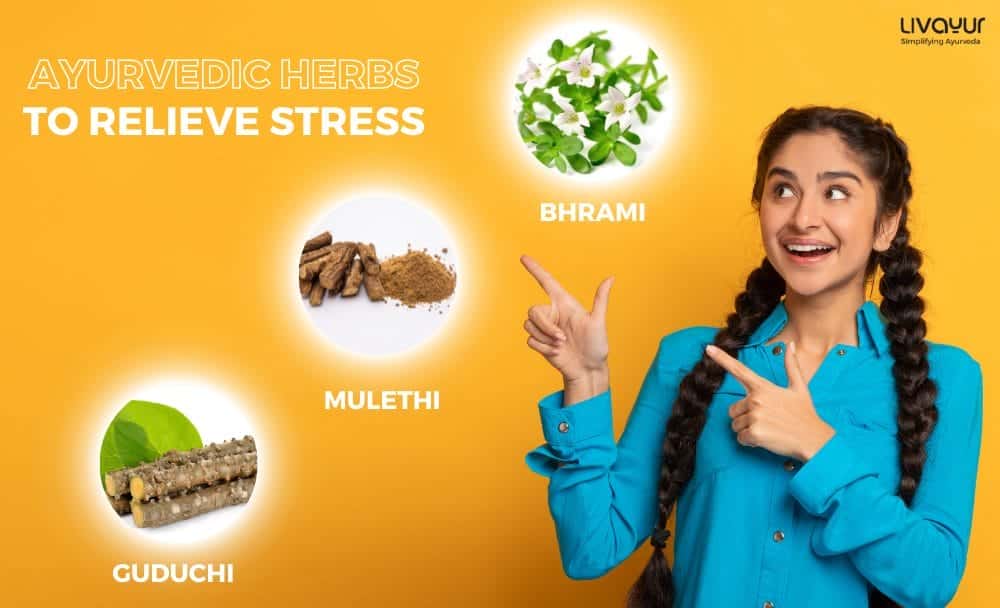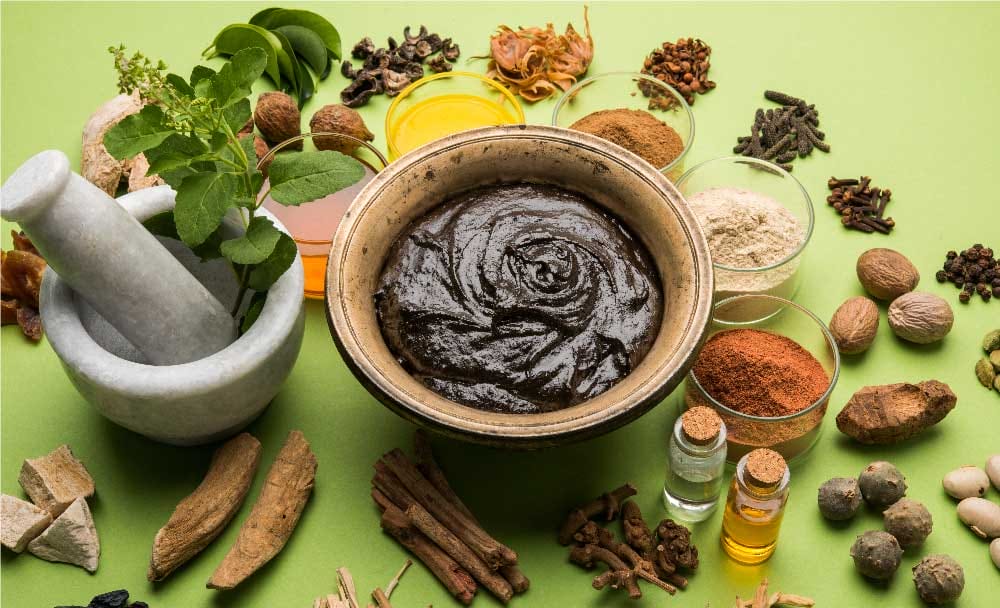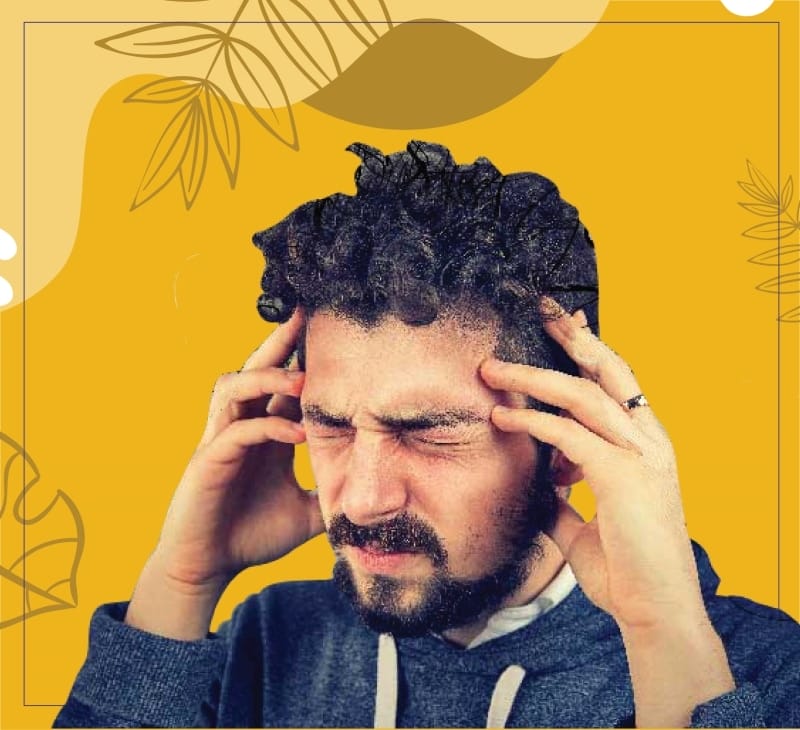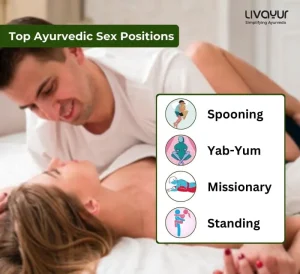
Anxiety and stress are inescapable realities of modern living and some amount of anxiety is actually normal. Unfortunately, today many of us suffer from high levels of anxiety because of worries about finances, careers, relationships, family and health. This constant exposure to stress and anxiety can give rise to chronic stress and anxiety disorders if not managed well. Some warning signs that your anxiety is problematic include an inability to relax, worrying constantly, panicking to the extent that your breathing becomes shallow & rapid and your heart seems to be racing. In such situations, it helps to deal with the problem right away, but that doesn’t mean reaching for antidepressants and other medications. Mind-body techniques and herbal supplements can be extremely effective, and Ayurveda is one of the best sources of information on such natural methods of anxiety management.
Managing Anxiety Disorders with Ayurveda
Ayurvedic Medicine
One of the most striking features of Ayurvedic medicine is that it actually uses natural ingredients, including food and herbs as medicine. This makes Ayurvedic medicine a much safer alternative to pharmaceutical drugs that are known to pose a risk of side effects when used for prolonged periods, including drug dependence. Ayurvedic medicine for anxiety management includes the use of fresh herbs, herbal supplements, and polyherbal formulations. Ayurvedic herbs that are used to treat anxiety exhibit adaptogenic properties, which means that they help your body cope with stress.
Some notable anti-anxiety herbs that are commonly used in Ayurvedic anxiety medicines include herbs such as ashwagandha, Brahmi, Mulethi, Jatamansi, and Kapikacchu. Clinical trials have shown that ashwagandha supplementation significantly improves anxiety disorder symptoms, while Brahmi doesn’t just promote relaxation, but is also shown to boost cognitive function, learning, and memory. Similarly, Jatamansi has been found to have a stress modulating antioxidant effect that is calming for the central nervous system, helping relieve stress and anxiety. Other Ayurvedic herbs like Mulethi, Guduchi, and Kapikacchu are known to provide similar benefits. To get relief from anxiety disorders, you can take any Ayurvedic medicine that contains these ingredients. Brahmi oil can also be massaged into the scalp for quick relief from tension headaches and to promote relaxation.

Yoga and Meditation
As a holistic health care system that recognizes the mind-body connection and emphasizes health promotion, rather than disease treatment, Ayurveda doesn’t just recommend the use of herbal medicines to treat anxiety disorders. Lifestyle interventions are regarded as important to the health of the body and mind, which is why Yoga and meditation are strongly advocated in the management of anxiety. These ancient Indian practices now have so much support from scientific evidence that they are even used as anxiety and stress management tools in conventional care.
A review of several studies found that Yoga could be one of the most promising options for the non-pharmacologic management of anxiety, with most trials showing a significant reduction in stress and anxiety with a disciplined Yoga regimen. Yoga is thought to be so effective at modulating the stress response system as it decreases physiological arousal, lowering heart rate, reducing blood pressure, and eases breathing. Moreover, traditional Yoga includes the practice of Pranayamas and meditation, both of which have proven stress-reduction benefits. Pranayamas or breathing exercises and meditation are even recommended in conventional treatment programs for anxiety disorders.
Other Ayurvedic Lifestyle Interventions
In addition to Ayurvedic medicine or herbs, Yoga and meditation, there are other Ayurvedic practices that can also help promote relaxation, lower stress and anxiety levels. The Panchakarma treatment, which is administered at Ayurvedic clinics can lower toxicity levels and help rejuvenate the mind and body, while Abhyanga or Ayurvedic massage therapy is also known to promote deep relaxation.
One Ayurvedic practice that is particularly noteworthy, but often neglected is Dinacharya. It is the Ayurvedic practice of following a structured daily routine, with fixed times for waking up, sleeping, meals, exercise and so on. While strict adherence to the Dinacharya may not be possible for all of us today, it would be good to adhere to it as closely as possible. The practice strengthens your circadian rhythm and reinforces the concept of effective time management, which is known to positively impact anxiety and stress levels.
The Takeaway
Ultimately, if all of these Ayurvedic practices are adopted sincerely and consistently, Ayurveda can be extremely effective as a natural approach to anxiety management, making it a viable first line of treatment.
























492 Comments